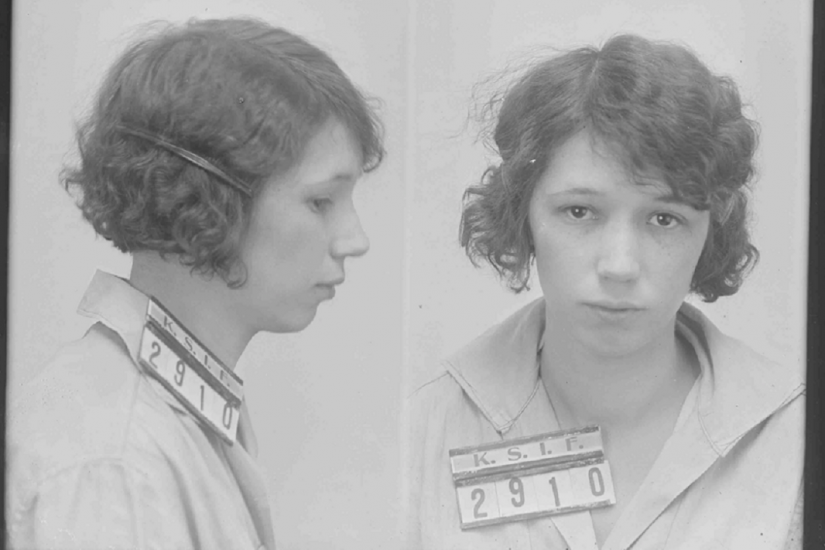Prison reform was one of the first causes taken up by the state’s progressive women after winning the vote in 1912, making Kansas just the eighth state to have universal suffrage. Unlike more militant feminists who chained themselves to the White House gates, these ladies won the franchise by gentle persuasion. They vowed to use their political power to eliminate vice and unwholesomeness in the Sunflower State.
In 1916, they succeeded in having part of the state penitentiary in Lansing converted into a working farm, where women prisoners could work off their sentences by growing their own food. The following year, the United States entered the war in Europe.
Military leaders had been worried about the impact an epidemic of syphilis or gonorrhea might have on combat readiness. (At the time, no one imagined a flu pandemic would account for half of U.S. troop deaths in the war.)
Various approaches were discussed inside the military—including a plan to distribute condoms and legalize prostitution near U.S. bases.
In the end, though, the all-American urge to moralize a public health problem proved too strong. The troops were given abstinence training. And women suspected of spreading venereal diseases were locked up. More than 18,000 women were isolated in federally funded facilities during World War I.
It was to aid this federal effort that the Kansas legislature passed Chapter 205. Yet while other quarantine centers were disbanded after the war, Kansas kept sending women to prison using Chapter 205. Both law enforcement and the progressive women saw its usefulness.
The prison farm’s matron would sometimes conduct the interviews. Being a good progressive, she made sure to create in her reports a narrative of sin (before internment), rehabilitation and disease cure (internment), and plans to live uprightly (after internment) for each of the women and girls she interviewed.
But who were these unlucky internes?
Sometimes, says Perry, they were girls or women who had picked the wrong man. In this narrative, being caught with a felon, or a bunch of party boys, or a mean no-good drunk like Arthur Pierson said something about her. She was likely morally lax and could benefit from the education that Lansing (it was said) delivered.

Other females were reported by vindictive exes, or referred by family members. (Had Viola Jones been too much for her parents to handle? All we know is that she was not planning to face them again. “Will go to Topeka and work when released,” she told her interviewer.)
